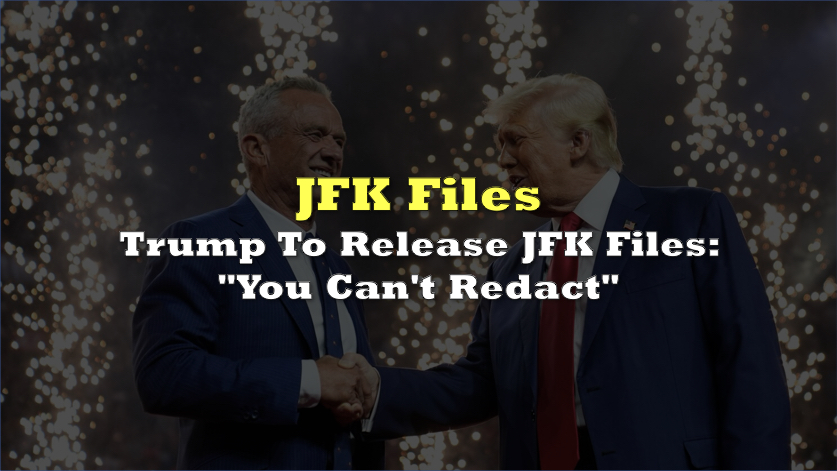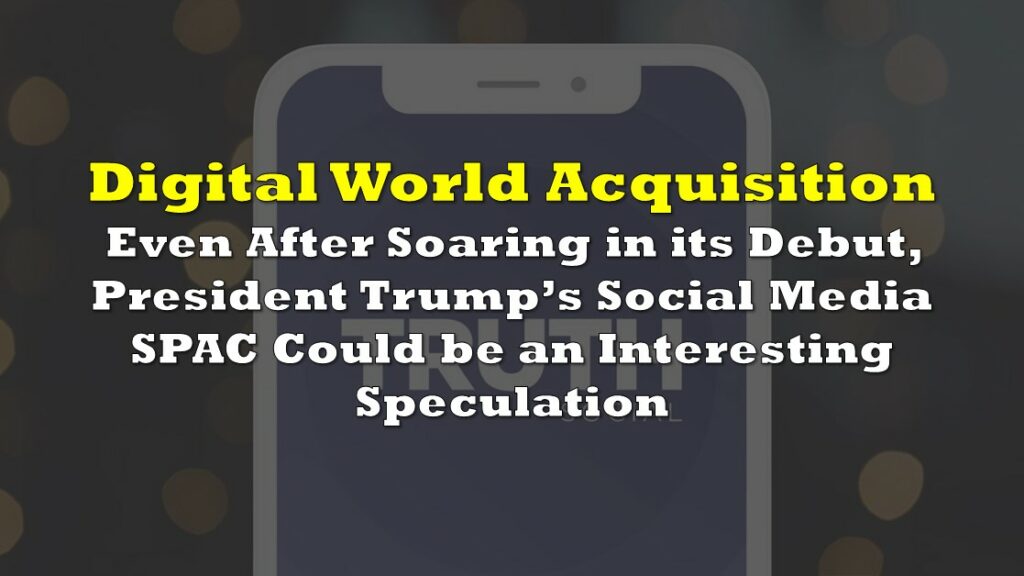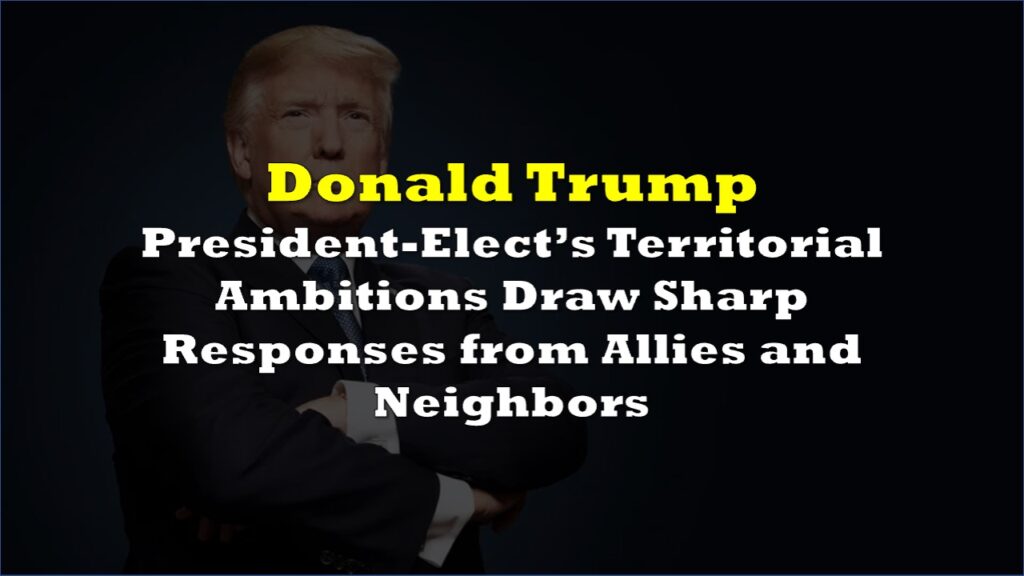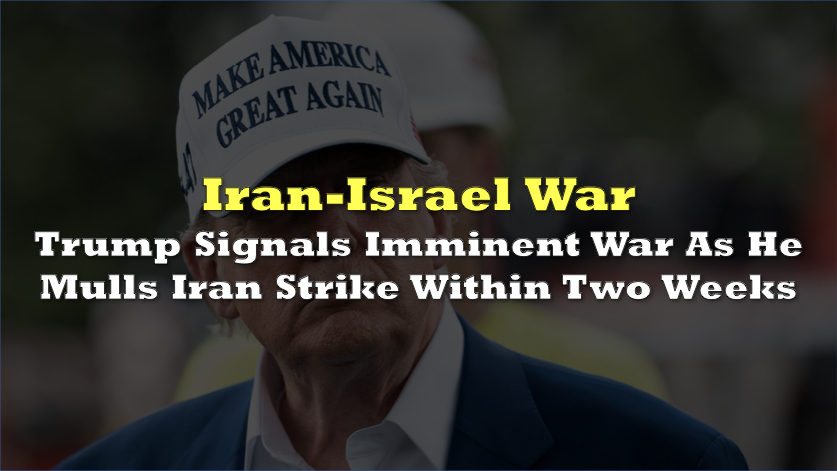The goodwill gained from the recent visit to Panama has been tarnished after the country firmly denied making any concessions to grant free transit rights for U.S. government vessels through the Panama Canal—contradicting the White House’s claims of a victorious deal.
In a post on X, the US State Department declared that American government vessels would be exempt from canal fees, saving millions of dollars annually. This announcement appeared to suggest a new arrangement negotiated with the Panamanian government following State Secretary Marco Rubio’s visit. President Donald Trump later reiterated these claims, framing them as a victory and an assertion of American interests abroad.
Within hours of the State Department’s statement, the Panama Canal Authority released a strongly worded response. According to the agency, it has not altered its established toll structure, and it alone retains the authority to set or adjust passage fees.
Officials in Panama insisted that no negotiation had taken place allowing free transits for U.S. vessels. They further emphasized the canal’s neutrality and reiterated that fee schedules remain unchanged.
The dispute revives a longstanding American interest in the Panama Canal, a 51-mile maritime shortcut that cuts through Central America to connect the Atlantic and Pacific oceans. Built by the US in the early 20th century, control of the canal was eventually handed back to Panama under a treaty signed by President Jimmy Carter in 1977.
Trump has frequently criticized that treaty, dismissing it as “a big mistake” and indicating his desire to “take back” the canal.
US-China Rivalry
Underlying the White House’s recent actions is a deeper geopolitical narrative involving China’s growing presence in Latin America. In his visit, Rubio publicly demanded that the Panamanian government address what he called the “influence and control” of China over the canal. He threatened unspecified measures to protect American interests under existing treaties if Panama did not act.
President José Raúl Mulino rejected these assertions, insisting that his country maintains sovereign control of the waterway. Mulino announced that Panama would cease participation in China’s Belt and Road Initiative, stating the country had “no presence of any nation in the world that interferes with our administration.”
Following Rubio’s meetings with Mulino and the canal’s administrator, Ricaurte Vásquez Morales, the ACP offered to work with the US Navy to streamline transit scheduling for military vessels. However, this outreach has not translated into any toll exemptions.
The insinuations of The White House’s unverified assertions of free passage ironically projected the same effect of undue influence that it is protesting against Beijing.
Although the canal remains open to US ships—constituting more than half of its annual transits—there are no indications that any fee waivers are forthcoming.
Information for this story was found via BBC and the sources and companies mentioned. The author has no securities or affiliations related to the organizations discussed. Not a recommendation to buy or sell. Always do additional research and consult a professional before purchasing a security. The author holds no licenses.









